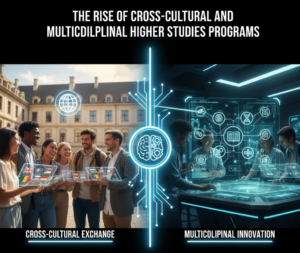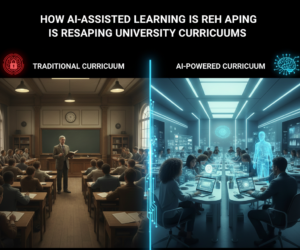The Emergence of Educational Technology Startups: Are They Disrupting Universities or Forming Partnerships with Them?
The Emergence of Educational Technology Startups: Are They Disrupting Universities or Forming Partnerships with Them? The landscape of higher education...





